Judith Bishop on winning the 2006 ABR Poetry Prize
Life without poetry is unimaginable to me. Yet my own sense of myself as a poet has always been somewhat intermittent; or, to put it another way, I keep straying then coming back to poetry, like a prodigal child who trusts she’ll be forgiven. Those times when I’m actively engaged in writing poetry have been interspersed with quite long stretches in which I nonetheless work with language on other fronts – studying for a PhD on speech rhythms in an Aboriginal language, learning a new language (Russian being the latest) and, more recently, working on a set of prose translations from the Swiss-born French poet Philippe Jaccottet. I find there’s a wonderful sense of release and revelation in being guided by another’s voice, especially a voice as fluent, emotive and original as Jaccottet’s. My day job as a linguist with a speech-technology firm means that I also deal on a daily basis with language data – at times, two to three languages at once. I find I am a ‘globalist’ when it comes to language, and also, therefore, to poetry. I am just in love with the fact that each language brings with it a new horizon of experience; and each good poem does the same in miniature.
In fact, all of my contact with different languages has reinforced my sense of the extent to which poems exceed all the surface variations of grammar and sound in this or that language; and the pursuit of that elusive excess keeps me coming back to poems. In the poem ‘Still Life with Cockles and Shells’, I am fascinated by an analogous excess in the painting it describes, an excess that the opening stanzas refer to as the ‘glittering eye’ and ‘breath’ of life, which somehow has survived the apocalypse that I imagine the painting depicts. There is also a deep background anxiety in this poem about our potential ability, as human beings, to annihilate ourselves: which is, perhaps, the ‘other way’ the world we know might end.
In recent years, I’ve become deeply interested in the formal aspects of poems, and especially the relationship between the poem’s visual appearance on the page and its emotional effects on the reader, as she follows the stops and starts of its rhythms, and more or less subconsciously relates those rhythms to the meanings in the poem. I spent two years in the US in a Creative Writing programme, and though such programmes in the States are regularly criticised for turning out poets all cut from the one cloth, my experience was quite the opposite: I wanted to experiment more with form, and the programme, which looked backwards to tradition and forward to the latest poetic practices, gave me a set of understandings that I could use as tools to do this more successfully.
Again, despite the criticisms, I found a deep care for the formal craft of poetry exists in the US – as it does here: but in a much more ‘underground’ fashion, perhaps.



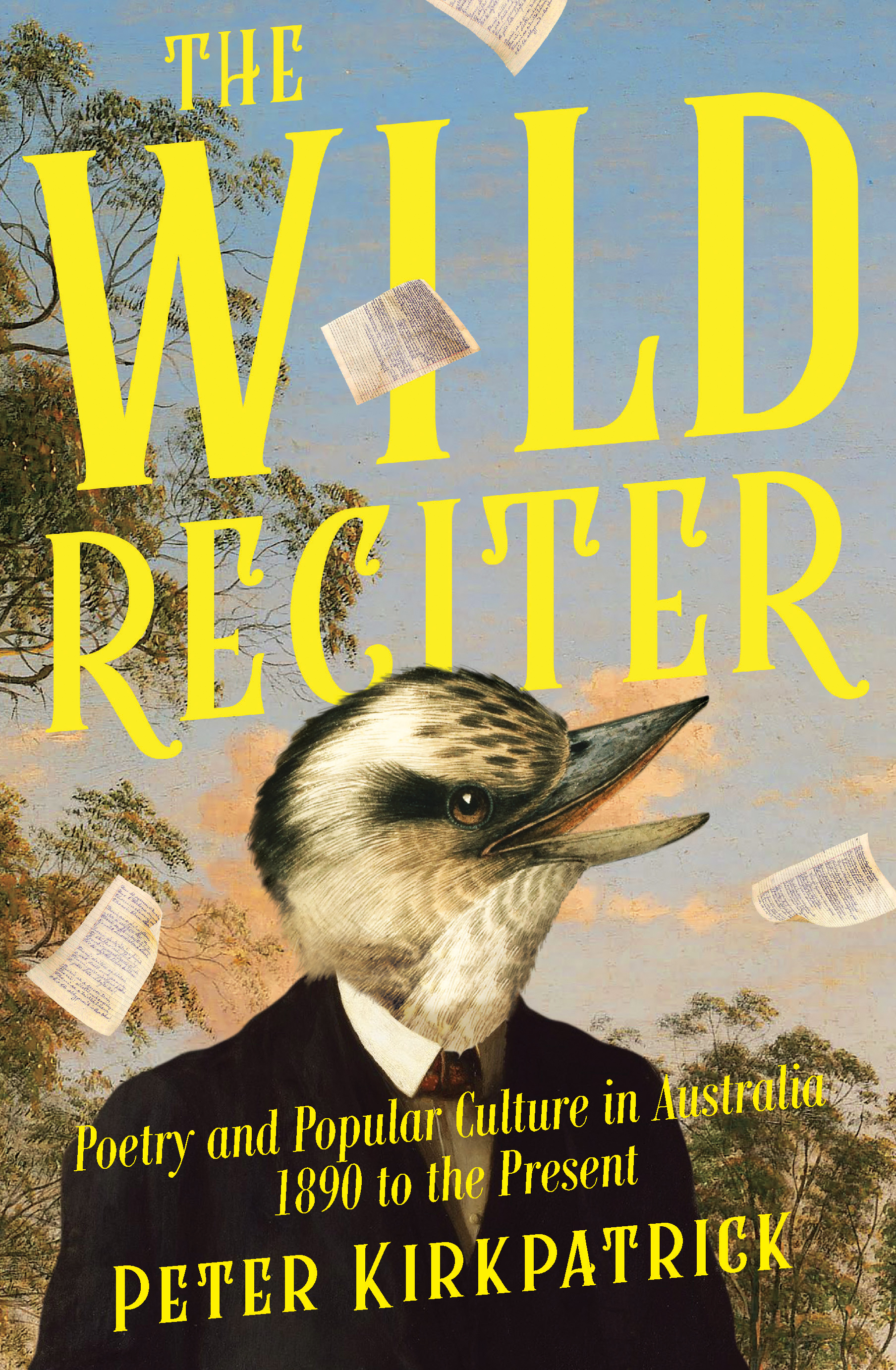
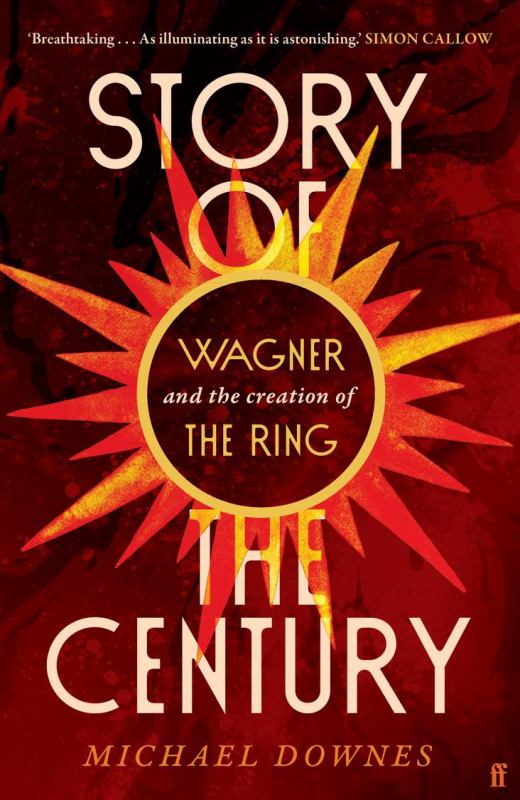

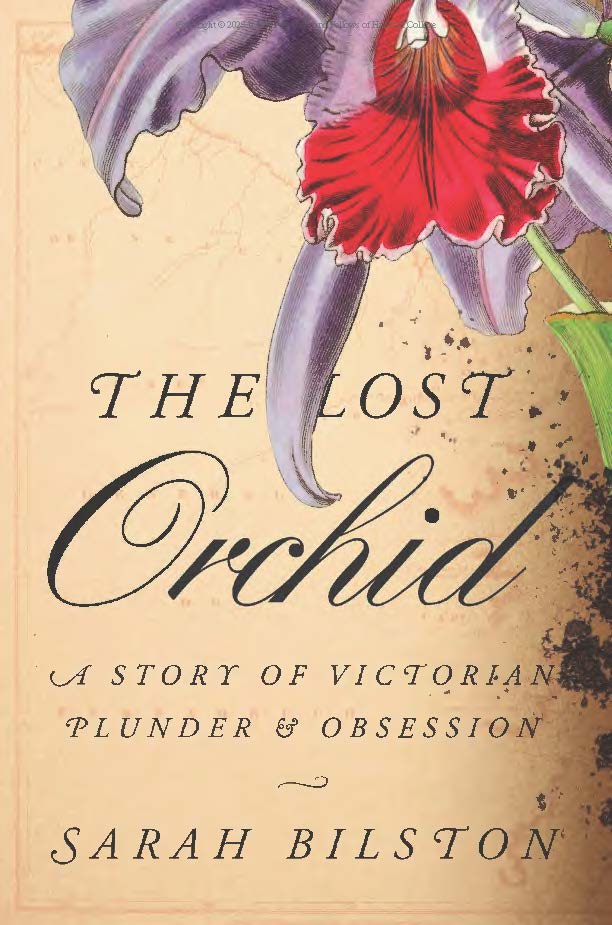
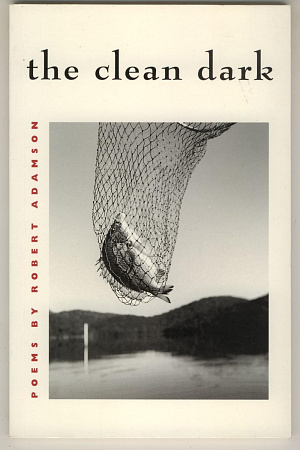
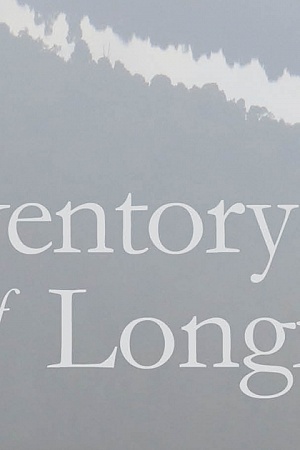




Leave a comment
If you are an ABR subscriber, you will need to sign in to post a comment.
If you have forgotten your sign in details, or if you receive an error message when trying to submit your comment, please email your comment (and the name of the article to which it relates) to ABR Comments. We will review your comment and, subject to approval, we will post it under your name.
Please note that all comments must be approved by ABR and comply with our Terms & Conditions.